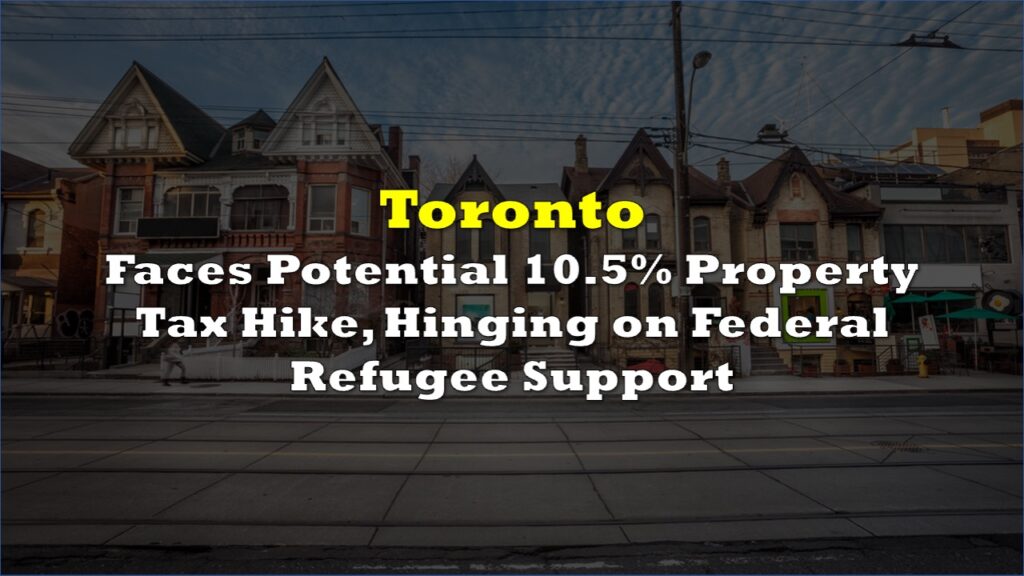As Ottawa and Ontario prepare to release their 2023 budgets in the coming weeks, Toronto Deputy Mayor Jennifer McKelvie is calling for the federal and provincial governments to honor 2021 campaign commitments and help fill the city’s nearly CA$1 billion budget gap.
McKelvie has served as the head of the city council since former Toronto Mayor John Tory left office on February 17 after admitting to a scandalous affair with a staffer.
Toronto's Deputy Mayor is asking the rest of Canada to bail the city out of John Tory's $1.5 billion budget hole. https://t.co/1NODmwKiv6
— Canada Record 🪙 (@CanadaRecord) March 6, 2023
McKelvie’s pleas, which were sent to federal Finance Minister Chrystia Freeland and provincial Finance Minister Peter Bethlenfalvy and made public on Monday, asked for over $1 billion in Covid-19 “hangover” funding, reimbursement and support for newcomers and refugees, and long-term funding for shared housing projects.
She was also careful to note that Toronto’s budget “challenges” are “entirely Covid-19-related.” (There were no mentions of spending on entirely non-Covid-19-related salaries for “street art managers.”)
From the federal government, McKelvie is seeking at least $789 million: $235 million for “its fair share” of the still-outstanding Covid-19 shortfall for 2022, an estimated $423 million for “an even share” of the city’s 2023 Covid-19 costs with the province, and about $131 million for newcomer and refugee support. The deputy mayor did not identify figures for the shared housing priorities that aim to address the housing crisis.
From the provincial government, the plea is for at least $558 million: $510 million in Covid-19 and public health support funds, and $48 million for supportive housing. McKelvie also requested help, without determining immediate amounts, in support of the HousingTO plan, pointing out that a huge portion of the committed budget from the province has effectively been eliminated due to the provisions of Bill 23.
The city, which by law cannot run a deficit, has managed to avoid it in its 2023 budget by adding as provisions money that other governments have yet to commit to. Failing to cash in on that means the city would be forced to dip into its backstop fund.
“Our finance staff have been clear that going into our backstop is a one-time solution,” McKelvie said in response to emailed questions. “It’s a last resort and if we have to use it, there will be dire consequences on future budgets.”
McKelvie also emphasized in her letters to the Finance Ministers that Toronto “urgently needs a new arrangement on municipal finance and responsibilities,” as the city “cannot solve a structural problem with quick fixes and one-time funding.”
The provincial government will table its budget on March 23, while the federal government is expected to release its 2023 budget by the end of March to early April.
Information for this briefing was found via Globe and Mail, CTV News, Reuters, Twitter, and the sources and companies mentioned. The author has no securities or affiliations related to the organizations discussed. Not a recommendation to buy or sell. Always do additional research and consult a professional before purchasing a security. The author holds no licenses.









